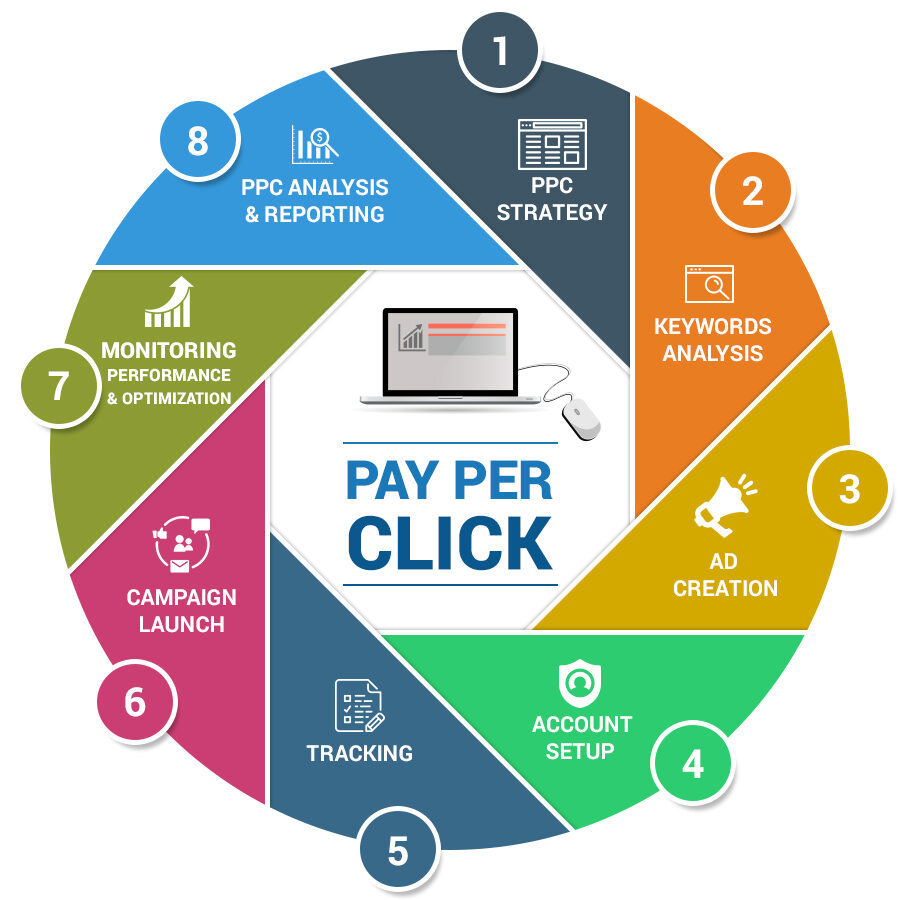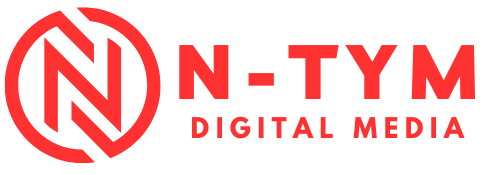What’s the Best Time to Run PPC Ads? A Simple Guide
When it comes to Pay-Per-Click (PPC) advertising, timing is everything. Even the most well-crafted ad won’t yield the results you want if it’s not shown at the right time. But how do you determine the best time to run PPC ads? This guide will walk you through the factors to consider, tools to use, and strategies to help your campaigns succeed.
Understanding the Basics of PPC Advertising
What Are PPC Ads?
PPC, or Pay-Per-Click, refers to a form of online advertising in which advertisers incur a charge each time a user clicks on their advertisement. These ads appear on platforms like Google, Facebook, and Instagram, and their goal is to drive traffic, generate leads, or boost sales.

Why Does Timing Matter?
The success of a PPC campaign is often tied to when your target audience is most active. Showing ads at the wrong time can waste your budget, while optimal timing can increase clicks and conversions.
Factors That Determine the Best Time for PPC Ads
1. Audience Behavior
Your audience’s habits are a crucial factor. When are they online? Are they working professionals, stay-at-home parents, or night owls? Knowing their behavior can help you schedule your PPC ads for maximum impact.
- B2B Audiences: Typically active during business hours, especially between 9 AM and 5 PM.
- B2C Audiences: More likely to engage during evenings, weekends, and lunch breaks.
2. The Nature of Your Business
Different industries have different peak times. For instance:
- E-Commerce: Shoppers often browse during weekends and evenings.
- Professional Services: These tend to perform better during weekdays and business hours.
3. Platform-Specific Trends
Each platform has unique user behaviors. For example:
- Google Ads: Works well during both business hours and after hours, depending on the audience.
- Facebook and Instagram Ads: See higher engagement during evenings and weekends.
How to Analyze the Best Times for PPC Ads
1. Leverage Google Ads Reports
Google Ads provides tools to evaluate how well your campaigns are doing over time. Look at metrics like impressions, clicks, and conversions to identify peak times.
2. Use A/B Testing
Experiment with different schedules. Run ads at various times and compare results to see when your audience is most responsive.
3. Study Historical Data
Past campaigns can provide valuable insights. If certain times consistently outperform others, prioritize those windows for future ads.

Best Times to Run PPC Ads
1. Weekdays vs. Weekends
- Weekdays: Ideal for B2B businesses and services targeting working professionals.
- Weekends: Great for e-commerce and entertainment businesses, as consumers are more relaxed and open to shopping or exploring new options.
2. Daytime vs. Nighttime
- Daytime Ads: Effective for B2B campaigns and industries like healthcare and professional services.
- Nighttime Ads: Perfect for retail, entertainment, and audiences that are active after work hours.
3. Seasonal Timing
Don’t forget to consider seasonal trends. Holidays, Black Friday, or back-to-school periods can dramatically influence user activity.
Case Studies: Timing in Action
Case 1: E-Commerce Brand
A clothing retailer ran PPC ads targeting evening shoppers between 7 PM and 10 PM. The result? A 30% increase in click-through rates and higher sales conversions.
Case 2: Local Cleaning Service
A cleaning company scheduled ads early in the morning, from 6 AM to 9 AM, targeting homeowners looking for same-day services. This strategy boosted inquiries by 40%.
Mistakes to Avoid in PPC Scheduling
- Ignoring Analytics: Without data, you’re guessing. Use reports to guide your decisions.
- Not Every Solution Fits Everyone: Just because something works for one company doesn’t mean it’ll work for another. Customize your schedule.
- Running Ads Without Testing: Test different timings to discover what resonates with your audience.
Tips for Optimizing PPC Ad Timing
- Keep an Eye on Performance: Don’t just set it and walk away. Check your campaigns weekly or monthly.
- Adjust for Time Zones: If your audience spans multiple regions, ensure your ads align with local times.
- Use Automation: Tools like Google Ads’ ad scheduling feature can help you automate and optimize timings.
Conclusion
The best time to run PPC ads depends on your audience, industry, and platform. By analyzing data, leveraging tools, and staying adaptable, you can maximize the effectiveness of your campaigns. Remember, PPC isn’t just about what you say—it’s about when you say it.
FAQs
1. What is PPC, and how does it work?
PPC stands for Pay-Per-Click advertising, where you pay for each click on your ad. It’s a quick way to boost traffic to your website right away.
2. Is there a universal best time to run PPC ads?
The ideal timing really hinges on who you’re trying to reach, the industry you’re in, and the platform you’re using.
3. How can I determine the best time for my PPC campaigns?
Analyze Google Ads reports, conduct A/B testing, and review historical data to find peak engagement times.
4. Should I run ads at night?
It depends on your audience. Nighttime ads work well for entertainment or retail industries targeting late-night browsers.
5. What’s the role of seasonal trends in PPC timing?
Seasonal trends can significantly impact your campaign’s performance. Align your ads with events or holidays to boost engagement.
